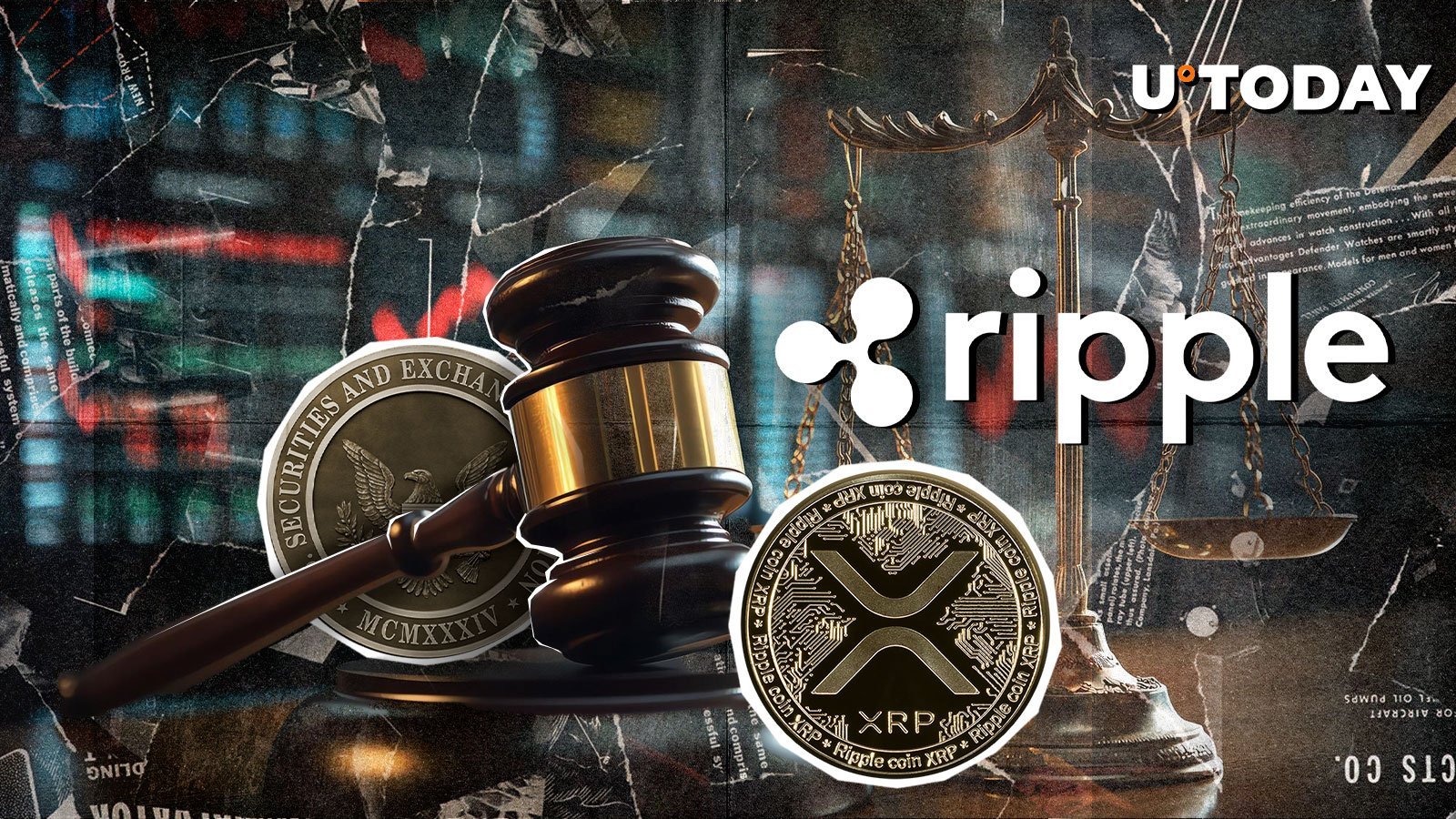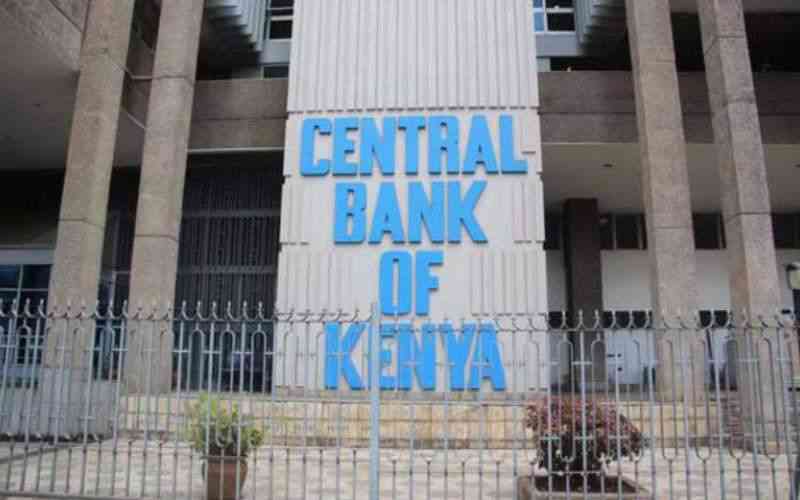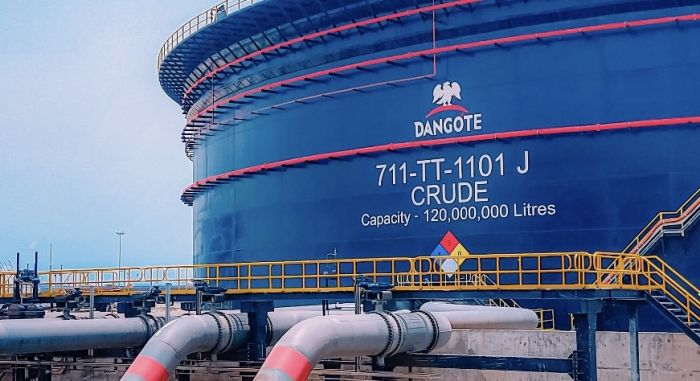Fuel Scarcity and Rising Prices Cause Hardship in Nigeria

Nigeria's energy sector is currently grappling with significant challenges across both Compressed Natural Gas (CNG) and traditional petroleum products, creating widespread hardship for citizens and businesses. President Bola Tinubu's declaration of the "Decade of Gas" aimed to gradually transition Nigeria from conventional fuel to cleaner energy sources like CNG, with billions of naira channeled into developing the necessary infrastructure nationwide. However, despite these efforts, the reality on the ground indicates severe accessibility issues for CNG, leading to a demand-supply imbalance and rising prices for petrol and diesel.
The promise of affordable CNG, initially priced at N200 per litre, encouraged many commuters and vehicle owners to convert their vehicles from petrol to gas. Unfortunately, this enthusiasm has been met with acute scarcity, manifesting as endlessly long queues at CNG filling stations. Motorists, including e-hailing drivers, now report waiting for up to five days to purchase gas, a drastic increase from the few hours it once took. This prolonged waiting period has severely impacted their ability to earn income, forcing many to consider reverting to petrol. Mr. Jude Bassey, an e-hailing driver, lamented, "We are suffering. Sometimes we sleep in our cars overnight just to buy fuel. It’s not worth it anymore. They told us CNG is the future and that it is cheap, clean and available. But now, it is stress and hardship." Similarly, commercial taxi driver Abdulrahman Shehu highlighted how the situation prevents drivers from meeting rush hour demands, leaving passengers stranded. While there are numerous CNG stations in areas like Gwagwalada, Kubwa, Zone 1, Gaduwa, Olusegun Obasanjo Way, and Airport Road, many are reportedly functioning below capacity. A station attendant attributed the scarcity partly to logistics problems, citing insufficient delivery trucks and poor road conditions from Kogi, the main supply hub.
The Chief Executive of PCNGI, Michael Oluwagbemi, explained that the current scarcity is largely due to an unprecedented surge in demand, which has outpaced infrastructure growth. Nigeria's CNG vehicle fleet has expanded dramatically from approximately 4,000 vehicles in 2024 to over 50,000 currently, with projections to reach 100,000 by the end of 2025. Even industrial giants like the Dangote Group are contributing to this surge, having converted 6,000 trucks from diesel to CNG, bringing their total to 10,000 CNG-powered trucks. While over 175 CNG stations are in various stages of development across the country, Oluwagbemi acknowledges that "engineering feats take time," emphasizing that weaning off a decades-long addiction to petrol and diesel will not happen overnight. In an effort to support the transition, the PCNGi has collaborated with the Ministries of Transportation and Technology to train over 5,000 CNG-vehicle technicians since 2024, aligning with Lagos state government plans to convert 400,000 vehicles to CNG.
Compounding the challenges in the CNG sector, Nigeria's downstream petroleum market is also experiencing significant instability, largely due to global crude oil price fluctuations and strategic decisions by major players like the Dangote Refinery. The refinery temporarily halted fuel sales on Tuesday, June 17, 2025, a move that has sent jitters across the sector and raised fears of imminent price increases. This halt coincides with rising crude oil prices in international markets, fueled by escalating Middle East tensions between Iran and Israel. The anticipation is that Dangote Refinery will resume sales at higher prices, triggering a ripple effect across the nationwide supply chain, particularly impacting depot-level pricing in Lagos where Dangote's influence is substantial.
This uncertainty has led many independent filling stations across Lagos and other parts of Nigeria to cease selling Premium Motor Spirit (PMS) or to close early, while others have begun adjusting their pump prices. Some stations have increased prices by N10 to N20 per litre. While NNPC retail outlets maintained a price of N870 per litre, and direct partners like MRS and Ardova offered N865, other independent and major marketers have set higher prices. Examples include Matrix at N880, TotalEnergies and Petrocam at N875, Mobil and De Petroleum at N890, and Seaman Liquid as the cheapest at N860. Diesel prices have already surpassed the N1,000 per litre ceiling in Lagos, with even higher rates in other states due to additional logistics costs. Depot prices for petrol ranged between N875 and N920 as of June 18, with some depots advertising above N900. Experts attribute these price hikes to growing market tension and speculation stemming from geopolitical risks and supply fears. The cumulative effect of these energy sector challenges places a heavy burden on Nigerian consumers, who are already battling high inflation and an unstable naira, as the nation's supply chain remains precarious.
You may also like...
Changing Cultures: How Africa Sips It's Alcohol

Discover which countries sip the most alcohol in Africa, and the health impacts this could have on the long run.
SEC Confirms Ripple's Victory: Legal Battle Concludes as Fundraising Greenlit!

The U.S. Securities and Exchange Commission has concluded its lengthy legal battle with Ripple, issuing a critical waive...
Legal Firestorm: South Korean Ex-President's Wife Targeted in High-Stakes Arrest Warrant

South Korean investigators have secured an arrest warrant for Kim Keon Hee, the wife of jailed former President Yoon Suk...
ASEAN-Brokered Breakthrough: Thailand & Cambodia Edge Closer to Historic Border Deal

Thailand and Cambodia engaged in high-level talks in Malaysia, initiated by ASEAN, to address escalating border tensions...
Kenya's Central Bank Slashes Key Rate to 9.5%: Economic Impact Looms

Kenya's Central Bank has lowered its benchmark rate to 9.50 percent, continuing its policy to stimulate economic activit...
Is Humanity Trading Connection for AI Comfort? A Deep Dive

As individuals increasingly turn to AI for emotional support, questions arise about the erosion of human connection. Thi...
Local Tragedy: Hotel Under Construction Collapses in Edo, Claims Owner's Life

A hotel under construction in Uromi, Benin City, collapsed, tragically killing its owner, Andrew Isesere. Eyewitnesses a...
Naked Gun Remake Delivers Laughs, Neeson & Anderson's Chemistry Wows!

This season's film releases offer a diverse lineup, highlighted by the highly successful "The Naked Gun" remake, starrin...


